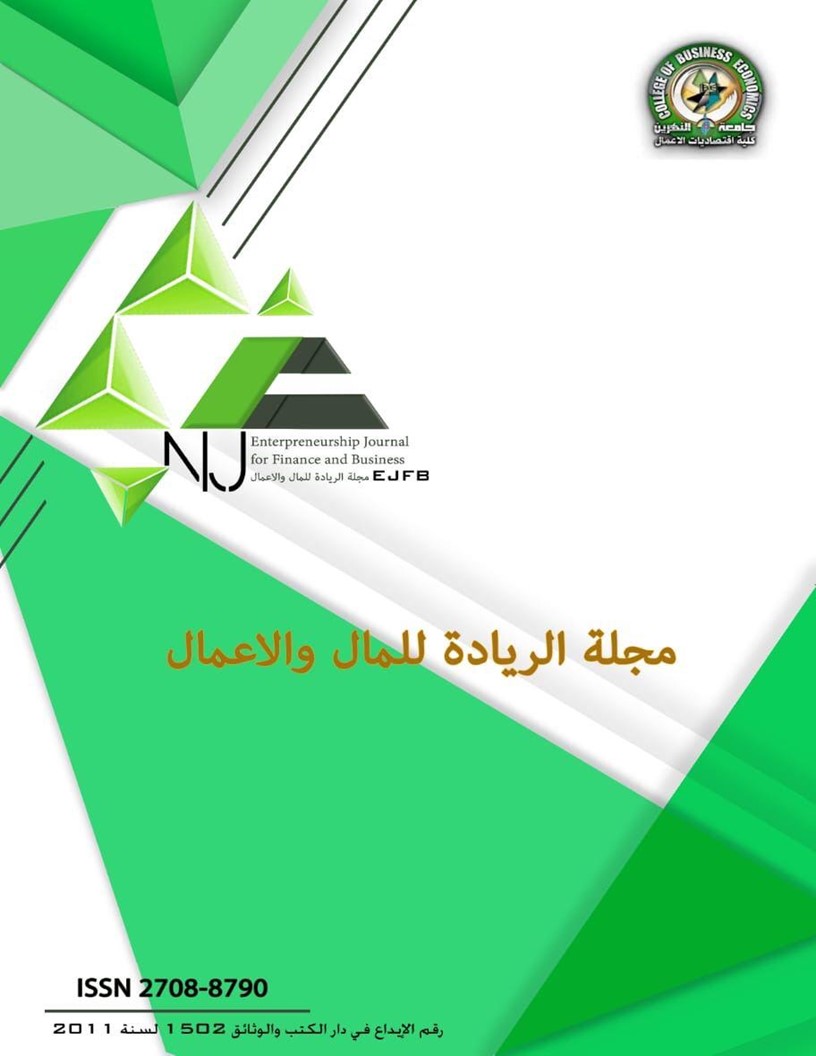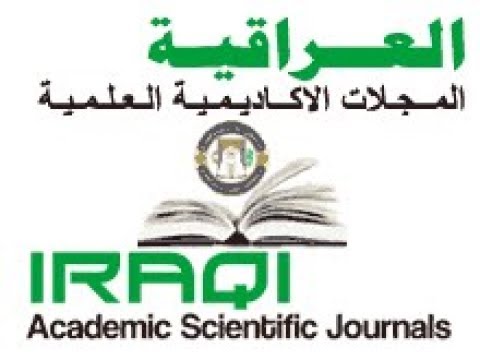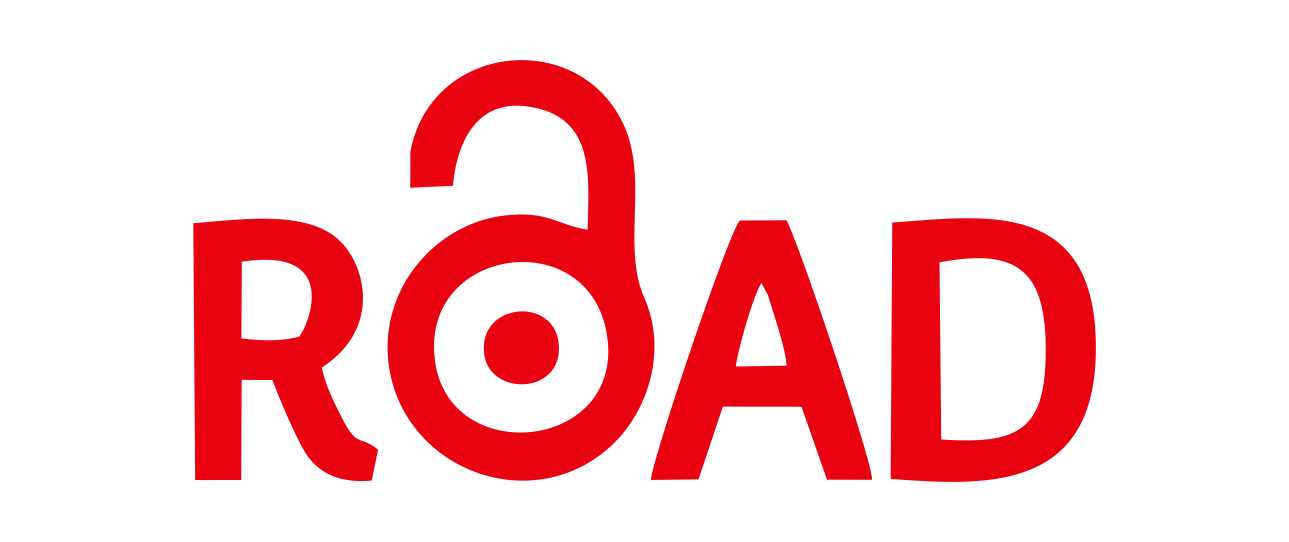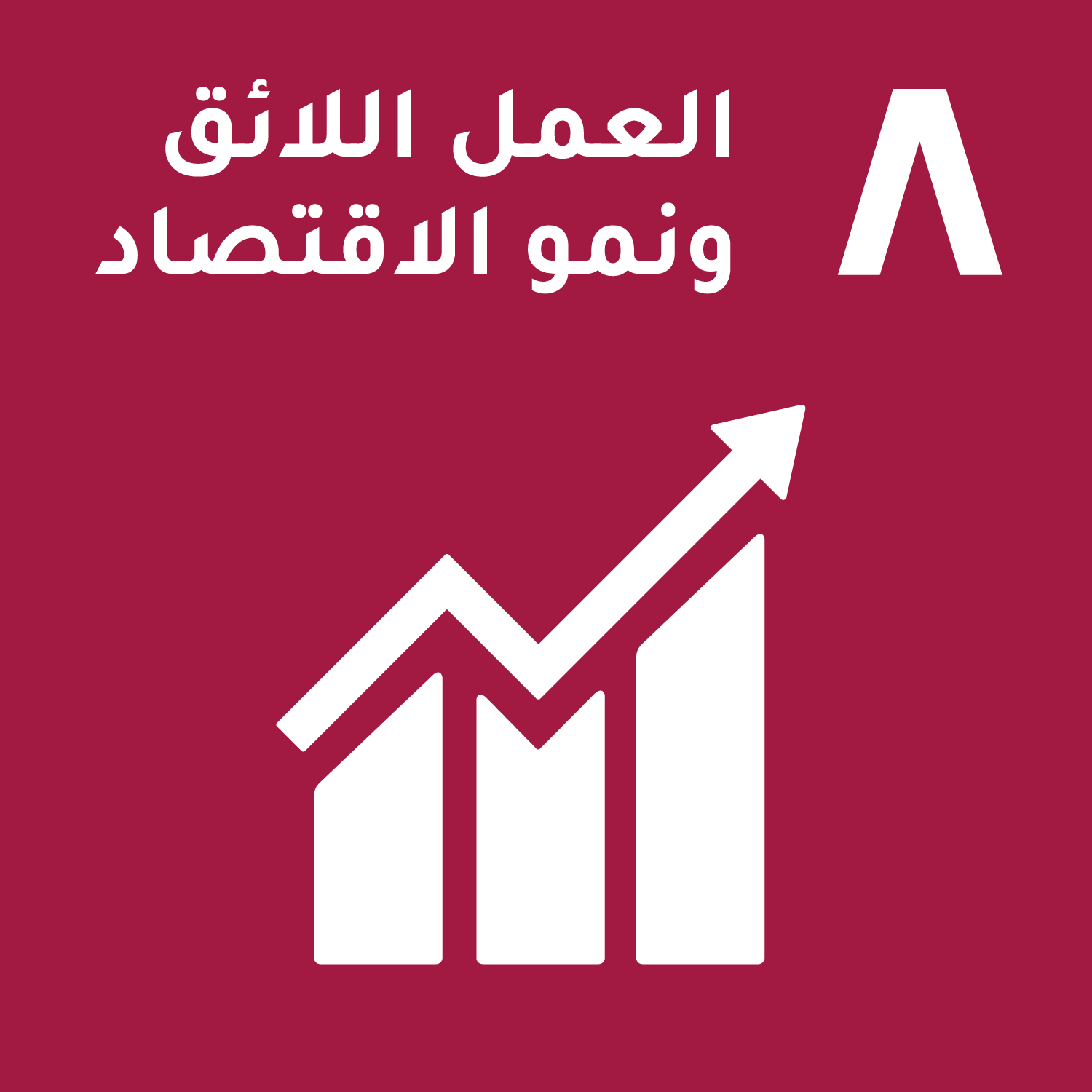إثر جودة حياة العمل في تعزيز سلوك المواطنة التنظيمية (بحث استطلاعي لآراء مجموعة من العاملين في المستشفيات الاهلية في كربلاء (مستشفى الكفيل، مستشفى الحجة، مستشفى زين العابدين أنموذجا)
DOI:
https://doi.org/10.56967/ejfb2022188الكلمات المفتاحية:
جودة حياة العمل، سلوكيات المواطنة التنظيميةالملخص
تمحور البحث حول ان هناك جدلا فكريا تعلق بمشكلة البحث اذ هدفت الى معرفة دور جودة حياة العمل لدى العاملين في المستشفيات الاهلية محور البحث (الكفيل، زين العابدين، الحجة عليهم السلام) بأبعاده (كفاية الراتب وعدالته، صحة ظروف العمل، فرص استغلال القابليات، فرص النمو الوظيفي، التكامل الاجتماعي) وأثرها بسلوكية المواطنة التنظيمية بأبعادها (الايثار، وعي الضمير، الروح الرياضية، الكياسة، المشاركة الطوعية).
تم اثارة مشكلة البحث من باب اهم التساؤلات وهو ما درجة توفر جودة حياة العمل وسلوك المواطنة التنظيمية وما مستوى العلاقة بينها من حيث الارتباط والتأثير , ولبلوغ الهدف الذي التي اعدت من اجله البحث واختبار الفرضيات تم اعداد استمارة مكيفة وملائمة لطبيعة العمل في المستشفيات اذ كانت العينة مكونة من (108) موظف باختلاف طبيعة عملهم .حللت البيانات الإحصائية باعتماد البرنامج الاحصائي (Spss.V25) , ولاختبار الصدق والثبات استخدم معامل الفا كرو نباخ, ولاختبار فرضيات البحث استخدمت مصفوف الارتباط البسيط PEARSON,
وتوصل الباحث الى استنتاج مفاده وجود علاقة ارتباط بين المتغيرين اذ كانت طردية قوية مما يدل على وجود عالي ووعي لمفهوم جودة حياة العمل عند العاملين في المستشفيات مما يعزز من سلوكية المواطنة التنظيمية.
التنزيلات
التنزيلات
منشور
كيفية الاقتباس
إصدار
القسم
الرخصة

هذا العمل مرخص بموجب Creative Commons Attribution 4.0 International License.
هذه هي مقالة منشورة بنمط الوصول الحر وموزعة تحت شروط ترخيص المشاع الابداعي نسب المصنف (CC BY) 4.0 دولي التي تسمح بالاستخدام غير المقيد، التوزيع، واعادة الانتاج في أي وسيط أو صيغة، والتحوير أو البناء على المادة، بما في ذلك للأغراض التجارية، شريطة أن يتم نسب العمل للمؤلف الأصلي.










